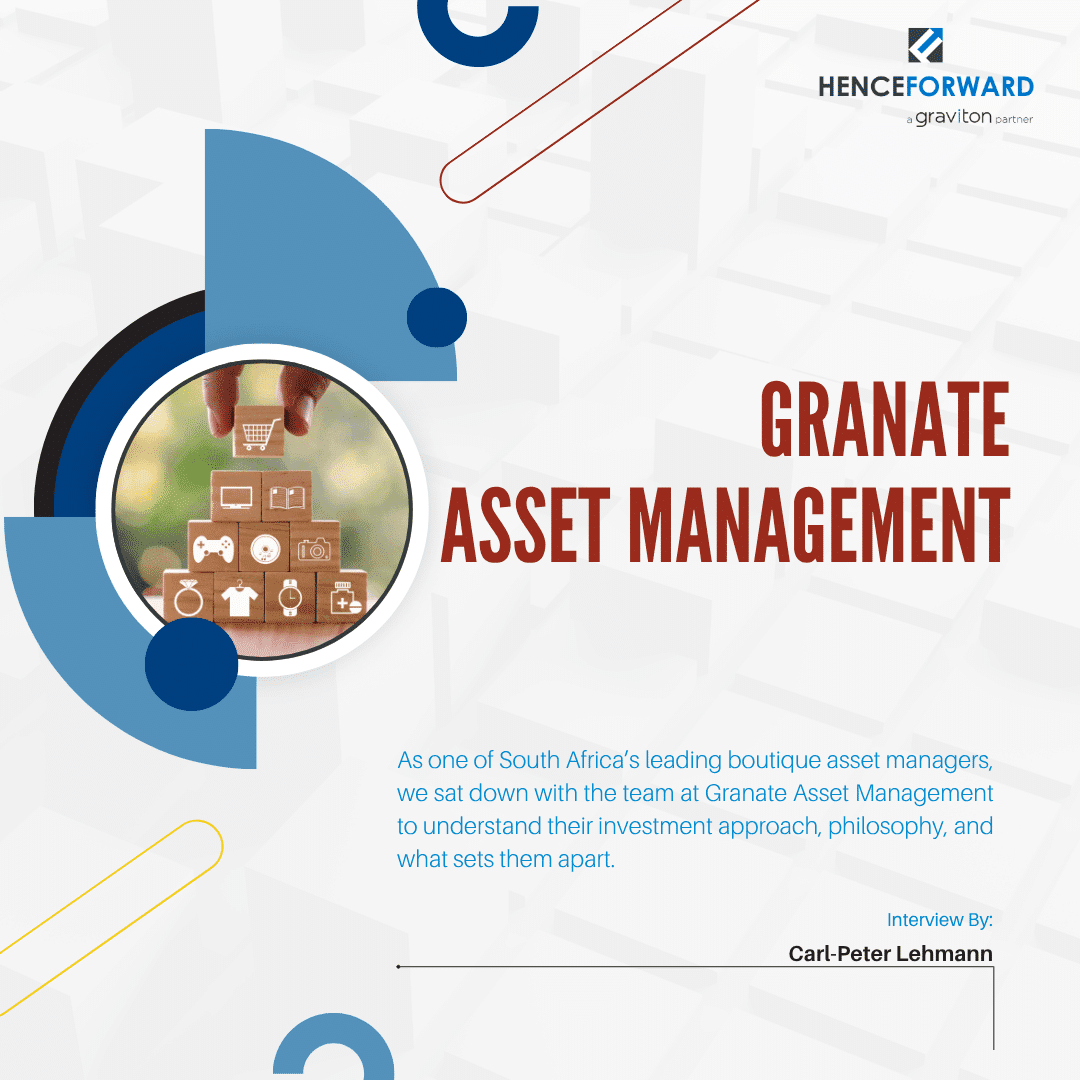Last Updated on 23/05/2025 by Carl-Peter Lehmann
How to Reduce Estate Duty in South Africa With Charitable Giving: At Henceforward, we believe wealth becomes truly powerful when it reflects your values and creates positive impact beyond your lifetime. Estate planning isn’t only about distributing assets — it’s about shaping a legacy with meaning.
One of the most effective — and often underutilised — strategies is charitable giving through your Will. A donation to a registered Public Benefit Organisation (PBO) not only furthers a cause close to your heart but also reduces your estate duty liability, preserving more for your loved ones.

Understanding Estate Duty in South Africa
Estate duty is a tax payable on the value of a deceased person’s estate. South African residents with estates over R3.5 million are subject to this tax at a rate of 20%, increasing to 25% for amounts above R30 million.
Fortunately, Section 4(h) of the Estate Duty Act allows for a full deduction of any bequest made to a registered PBO, the state, or a municipality when calculating the dutiable estate. This creates an opportunity to reduce tax while leaving a meaningful legacy.
Further Reading: Your Ultimate Guide to Estate Planning in South Africa
Using the Residue to Maximise Your Impact
Rather than bequeathing a fixed amount to charity, a strategic way to structure your Will is to leave the residue — the remainder of your estate after specific bequests and debts — to a registered PBO. ( This could be your favourite charity, or even qualifying school legacy fund) This approach has several advantages:
- ✅ You prioritise your loved ones with specific amounts.
- ✅ You maximise estate duty savings without affecting family inheritances.
- ✅ You ensure that whatever is left over goes to a cause that matters — and not to SARS.
Example: Reducing Estate Duty While Keeping Family Inheritance Unchanged
Let’s assume you have an estate worth R40 million, and you want your family to receive the same net amount in each scenario — regardless of whether a donation is made to a charity. By introducing a well-structured bequest to a PBO, you can reduce the amount going to SARS without affecting your heirs’ inheritance.
Table: Keeping the Family Whole – Redirecting Tax to Charity
Details | Scenario 1 All to Family | Scenario 2 Residue to PBO |
Total Estate Value | R40,000,000 | R40,000,000 |
Section 4A Abatement | R3,500,000 | R3,500,000 |
PBO Bequest | R0 | R3,500,000 (residue) |
Deduction from Dutiable Estate | R0 | R3,500,000 |
Dutiable Estate | R36,500,000 | R33,000,000 |
Estate Duty Payable | R7,625,000 | R6,750,000 |
Net Estate After Estate Duty | R32,375,000 | R33,250,000 |
Amount to Family | R32,375,000 | R32,375,000 |
Amount to PBO | R0 | R875,000 |
SARS Receives | R7,625,000 | R6,750,000 |
Disclaimer on Calculations
The examples and calculations used in this article are simplified to illustrate the estate duty benefits of charitable bequests. They exclude other common estate costs such as executor’s fees, conveyancing, Master’s Office fees, and administrative charges. For accurate projections and advice tailored to your unique situation, we recommend working with a qualified estate planner or fiduciary professional.
What this means?
- The family receives the same amount (R32.375m) in both scenarios.
- In Scenario 2, the estate pays less estate duty — and the R875,000 saving is redirected to a PBO, rather than SARS.
- This makes Scenario 2 the more efficient, values-aligned choice without compromising the heirs’ inheritance.
Aligning Wealth with Purpose
Charitable giving — especially through your Will — allows you to embed your values into your financial legacy. At Henceforward, we believe in purpose-led financial planning. Our support for the Children’s Hospital Trust was inspired by personal experiences and a desire to create lasting, community-based impact. We’ve seen how aligned giving can deepen the legacy you leave behind.
Further Reading: Our work with the Children’s Hospital Trust
Key Considerations for Charitable Bequests
- ✅ The organisation must be a registered PBO under Section 30 of the Income Tax Act.
- ✅ Be specific in your Will — clearly state the charity’s name and whether it is a fixed amount or the residue of the estate.
- ✅ Work with a financial planner and estate attorney to ensure your Will is tax-efficient, compliant, and aligned with your broader goals.
- ✅ Lifetime donations can also reduce income tax under Section 18A — but bequests in your Will reduce estate duty.
Frequently Asked Questions: Charitable Bequests & Estate Duty in South Africa
-
1. How does charitable giving reduce estate duty in South Africa?
Charitable bequests to registered Public Benefit Organisations (PBOs) are fully deductible from your dutiable estate under Section 4(h) of the Estate Duty Act. This means you can reduce the amount of estate duty payable, directing more of your wealth to causes you care about — and less to SARS.
-
2. What is the current estate duty rate in South Africa?
Estate duty is charged at 20% on the value of an estate above R3.5 million. For estates exceeding R30 million, the rate increases to 25%.
-
3. What qualifies as a registered Public Benefit Organisation (PBO)?
A PBO is a non-profit organisation that is approved by SARS under Section 30 of the Income Tax Act. It must operate for the public good and meet specific legal criteria. Always check that your chosen charity has PBO status before including it in your Will.
-
4. What’s the difference between leaving a fixed amount vs. the residue of my estate to a charity?
A fixed amount bequest ensures a specific sum goes to a charity, regardless of how your estate grows or shrinks. A residue bequest gives the charity what’s left after debts and specific gifts — often resulting in a larger impact and more flexibility in estate planning.
-
5. Can charitable donations made during my lifetime also reduce tax?
Yes. Donations to qualifying PBOs during your lifetime may be claimed as deductions under Section 18A of the Income Tax Act, reducing your annual taxable income. However, only bequests in your Will reduce estate duty.
-
6. Do I need to update my Will to include a charitable bequest?
Yes. To ensure your intentions are legally enforceable, your Will must be updated to clearly state the name of the charity, its registration details, and whether you’re leaving a fixed amount or the residue of your estate.
-
7. Is professional advice necessary when planning charitable giving in my estate?
Absolutely. Estate planning involves legal, tax, and financial complexities. A qualified fiduciary expert or financial planner can help structure your bequest to maximise impact, ensure tax efficiency, and align with your broader legacy goals.
Purpose-Led Estate Planning
Charitable giving is not only generous — it’s smart. It reduces estate duty, supports a meaningful cause, and allows your estate plan to reflect what truly matters to you.
Let’s Build Your Legacy
If you’re thinking about how to reduce estate duty while doing good in the world, we’d love to help you shape a strategy that works for your family — and your values.

Steven Hall
Steven is a CERTIFIED FINANCIAL PLANNER® and co-founder of Henceforward. With over two decades of experience in wealth management, Steven specialises in estate planning and tax-efficient investment strategies. He’s passionate about helping clients align their wealth with their values to create lasting legacies.





